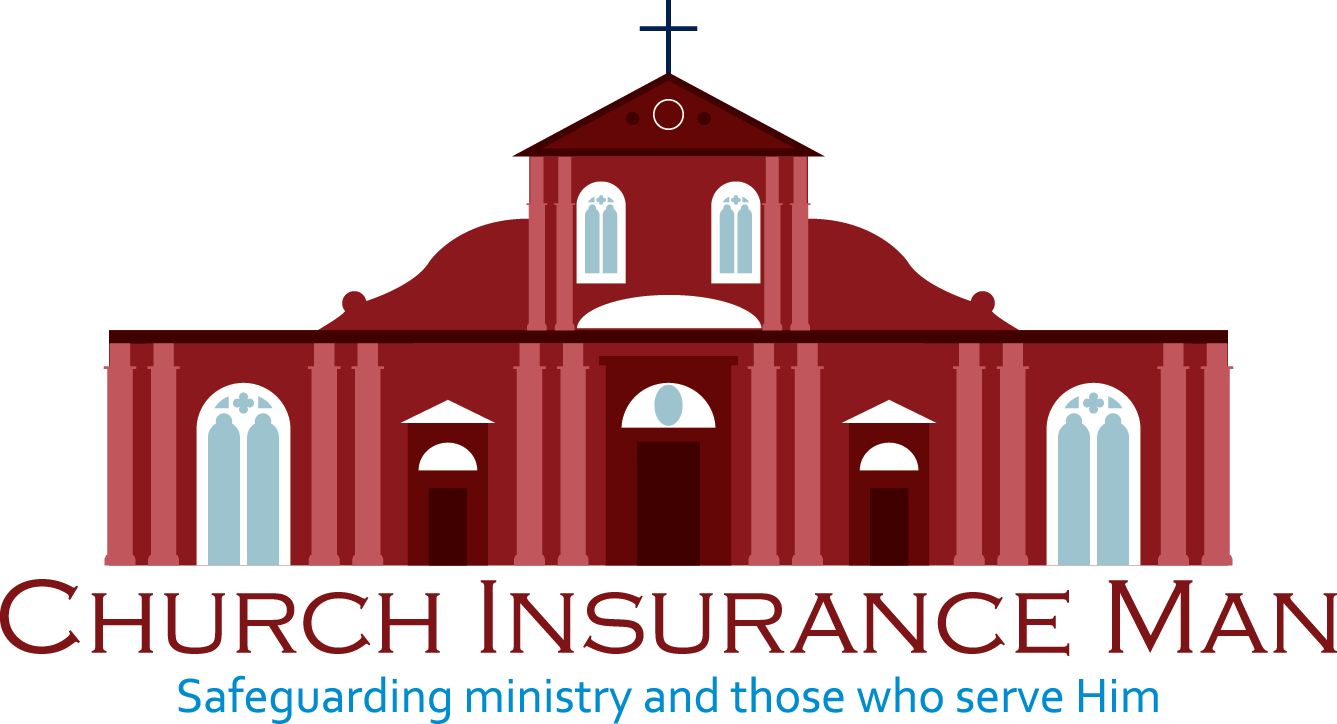Nonprofit Buyer's Guide to Cyber Liability Insurance
In today's world, cybersecurity is a major concern for everyone, including nonprofits and churches. As these organizations increasingly use digital systems and store sensitive data, the risk of cyber attacks becomes a serious threat. Cyber liability insurance can be a vital tool for protecting your church from the financial and reputational damage that comes with data breaches and other cyber incidents.
In this article from Church Insurance Man, we will explore what cyber liability insurance is, the key components of coverage, the benefits for nonprofits, and how to choose the right policy for your needs.
Understanding Cyber Liability Insurance for Nonprofits
Cyber liability insurance is designed to protect organizations from the financial fallout of cyber attacks and data breaches. For nonprofits, including churches, this type of insurance is crucial because it covers costs that can arise from these incidents. These costs can be substantial and may include legal fees, notification expenses, and even fines.
Nonprofits often handle sensitive information such as donor details, financial records, and members' personal data. A cyber attack can lead to this information being compromised, resulting in significant damage to the organization's reputation. Cyber liability insurance helps manage this risk by offering financial protection and resources to mitigate the impact of a breach.
Beyond financial protection, having cyber liability insurance can also provide access to expert guidance on how to handle a cyber incident. This can include advice on how to secure your systems, how to notify affected parties, and how to navigate legal requirements. For nonprofits that may not have extensive IT resources, this level of support is invaluable.
Key Components of Church Cyber Liability Insurance
When looking at cyber liability insurance for a church, there are several key components that are essential to consider. Each part of the policy plays a specific role in protecting your organization from different types of cyber risks.
1. Data Breach Coverage: This covers the costs related to a data breach, including notification expenses, legal fees, and credit monitoring services for affected individuals. It can also cover the cost of hiring a public relations firm to manage the fallout.
2. Cyber Extortion Protection: If your church falls victim to ransomware or other forms of cyber extortion, this coverage helps pay the costs associated with resolving the threat. This can include paying the ransom or hiring experts to negotiate and handle the situation.
3. Network Security Liability: This component covers lawsuits that arise from a failure to prevent unauthorized access to data. It includes legal defense costs and any settlements or judgments.
4. Regulatory Defense and Penalties: If your church is fined by regulatory bodies due to a data breach or other cyber incident, this coverage helps with the payment of those fines and the costs involved in defending against regulatory actions.
5. Business Interruption Coverage: If a cyber attack disrupts your church’s operations, this coverage helps compensate for lost income and additional costs incurred while your systems are down. This ensures that you can continue your mission with minimal financial disruption.
Understanding these key components helps you choose a comprehensive cyber liability policy that addresses the specific risks faced by your church. Each element plays a vital role in ensuring that your organization is prepared for any cyber threats that may arise.
Benefits of Cyber Liability Insurance for Nonprofits
Cyber liability insurance offers numerous benefits for nonprofits. This protection extends beyond just covering financial losses, providing comprehensive safeguards that are vital for maintaining trust and operational stability.
Financial Protection: One of the main benefits is financial protection. Covering costs like legal fees, notification expenses, and credit monitoring services ensures that a cyber incident doesn't drain your organization's resources. This is crucial for nonprofits, which often operate on tight budgets and cannot afford unexpected expenses.
Reputation Management: Maintaining your organization's reputation is critical. Cyber liability insurance helps by funding public relations efforts to manage the fallout of a data breach. Ensuring that donors, members, and the public receive timely and appropriate communication can help mitigate damage to your nonprofit's reputation.
Support Services: Many cyber liability policies include access to expert support services. This can range from legal advice to IT support that helps with incident response and system security. For nonprofits that may not have extensive in-house expertise, these services are invaluable for effectively managing and recovering from an attack.
Peace of Mind: Knowing your nonprofit is protected against cyber threats offers peace of mind. Leaders can focus on fulfilling the organization's mission without constantly worrying about potential cyber risks. This security enables your nonprofit to operate smoothly and confidently.
Steps To Choose the Right Cyber Liability Insurance Policy
Choosing the right cyber liability insurance policy can seem overwhelming, but following these steps can help ensure you get the coverage that best fits your nonprofit's needs.
1. Assess Your Risks: Start by identifying the specific risks your nonprofit faces. Consider the type of data you handle, the cybersecurity measures you currently have in place, and any past incidents. Understanding your unique risk profile is the first step in selecting appropriate coverage.
2. Compare Policies: Look at various insurance providers and compare their cyber liability policies. Pay attention to what each policy covers and any exclusions. Make sure the essential components, like data breach coverage, cyber extortion protection, and business interruption, are included.
3. Consult an Expert: Consider seeking advice from an insurance agent, like Church Insurance Man, who specializes in nonprofit or church insurance. They can provide insights into what kind of coverage is most suitable for your needs and help navigate the complexities of policy options and terms.
4. Understand Policy Limits: Make sure to understand the limits and sub-limits of potential policies. A higher limit may offer more comprehensive protection but also could be more expensive. Balance your need for complete coverage with your budget constraints.
5. Review and Update Regularly: Once you have chosen a policy, review it regularly. As your nonprofit grows or your activities change, your cyber liability needs may also evolve. Regularly updating your policy ensures continuing protection that matches your organization's current risk profile.
Conclusion
Securing the right cyber liability insurance for your nonprofit is crucial in a world where online threats are ever-present. Cyber liability insurance for nonprofits provides essential financial protection, helps maintain your organization's reputation, and offers support services to manage cyber incidents effectively.
Having this insurance in place allows nonprofit leaders to focus on their mission, with the peace of mind that comes from knowing their organization is protected against potential cyber threats. By understanding the benefits and following the steps to choose the right policy, your nonprofit can be well-prepared for any cyber incidents.
Get the protection your church or nonprofit needs today. Contact Church Insurance Man, your go-to
church insurance company, to learn more about the best cyber liability insurance options for your organization. Secure your mission and continue to serve your community with confidence.











